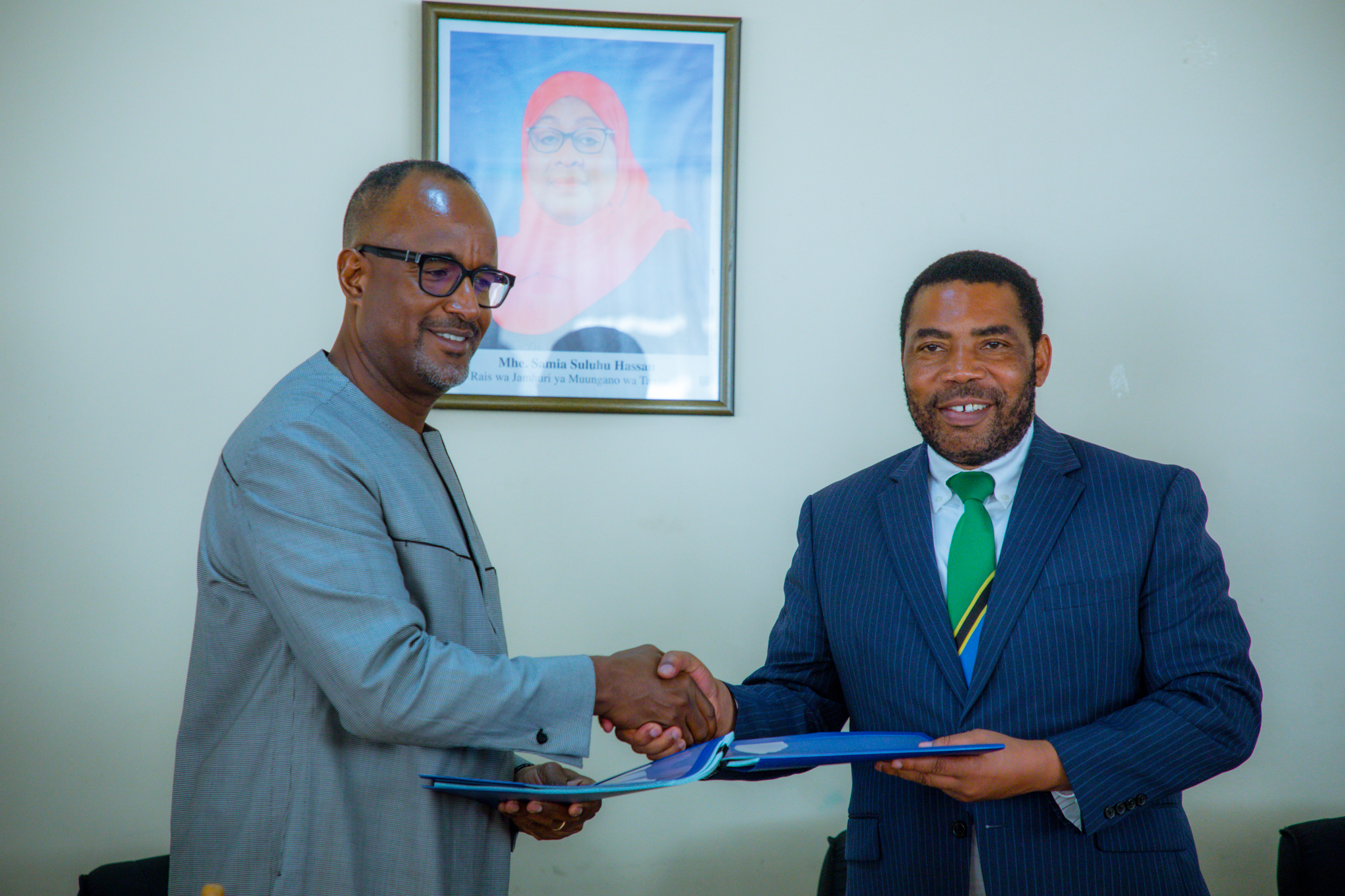Dodoma. The Tanzanian government has formally declared the National Spatial Data Infrastructure (NSDI) as a cornerstone of its Digital Economy Strategic Vision 2024-2034, with expectations that it will significantly bolster the nation’s economic resilience and development.
The NSDI, a comprehensive geospatial data framework, is poised to play a pivotal role in enhancing decision-making, resource management, and national planning across key sectors.
Deputy Permanent Secretary in the ministry of Lands, Housing and Human Settlements Development, Ms Lucy Kabyemera, said NSDI will enable the country to comprehensively monitor development efficiency, assess national resources, evaluate the impacts of climate change, and identify economic and developmental constraints.
“The NSDI forms the bedrock for achieving Tanzania’s development objectives, including the Tanzania Development Vision 2050, which is currently under formulation,” Ms Kabyemera said.
A high-level expert workshop has been convened in Dodoma, running from February 3 to 7, 2025, to develop a detailed action plan for the establishment and implementation of the NSDI.
Officiating in the opening of the workshop Ms Kabyemera explained how NSDI would improve access to critical data, strengthening both national security and economic systems.
The NSDI aligns seamlessly with Tanzania’s National Information and Communication Technology (ICT) Policy of 2023, which prioritises the use of technology for socio-economic advancement.
By providing a robust geospatial data infrastructure, the NSDI will support the e-Government Authority in its mandate to digitise public services and enhance governance.
Ms Kabyemera also highlighted the NSDI’s role in realising President Samia Suluhu Hassan’s Digital Tanzania Vision 2030, which aims to position Tanzania as a regional leader in digital communications.
“The NSDI is a critical enabler of this vision, as it will facilitate the integration of geospatial data into various digital services, ensuring its effective use for decision-making and planning across all economic sectors,” she explained.
The establishment of the NSDI is expected to bring transformative benefits to Tanzania.
It will enhance the accuracy and efficiency of land administration, support sustainable natural resource management, and streamline infrastructure planning and investment.
Furthermore, it will serve as a vital tool for informed decision-making in urban planning, disaster management, agriculture, and environmental conservation.
Ms Kabyemera stressed that the NSDI initiative is a collaborative effort, involving government institutions, public organisations, the private sector, and academic and research institutions.
“This partnership ensures that geospatial data is readily accessible and utilised efficiently across all sectors, driving Tanzania’s development agenda forward,” she added.
The six-day workshop in Dodoma marks a significant step in the operationalisation of the NSDI, bringing together experts to chart a clear path for its implementation.







